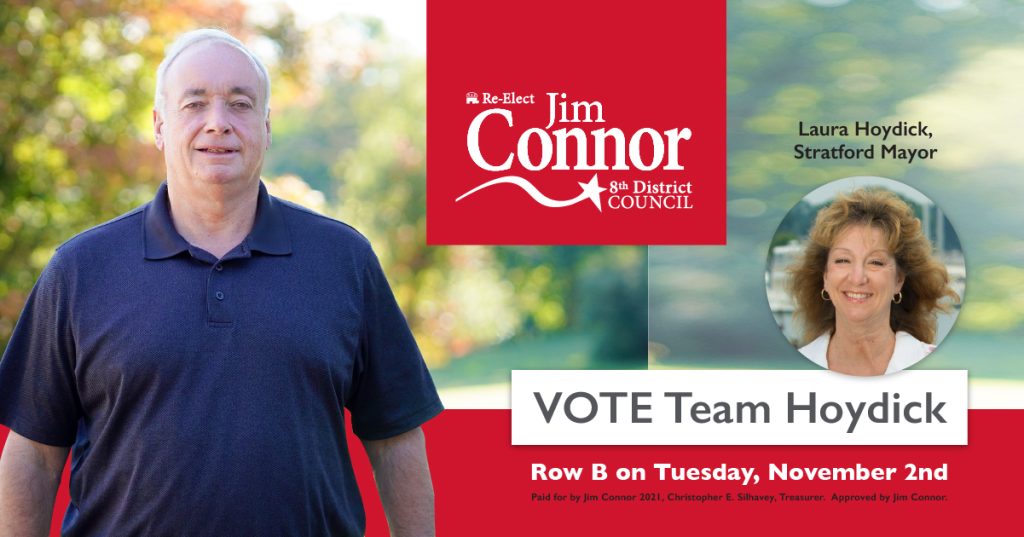Hartford, CT – Attorney General William Tong joined a coalition of 23 attorneys general petitioning the U.S. Food and Drug Administration (FDA) to protect the health and well-being of babies across the United States by accelerating actions to remove toxic heavy metals found in infant and toddler foods. The petition responds to rising alarm about the health hazards posed by dangerous heavy metals in these foods, and the failure of baby food brands and their suppliers to aggressively reduce these hazards.
“As a father of three, I’ve purchased a lot of baby food over the years. I trusted that food was safe for my kids. Now we’ve learned that some of the food we assumed was safe contains toxic metals, including arsenic, lead, cadmium, and mercury. The Food and Drug Administration is responsible for ensuring the safety of our food supply and has an obligation to act quickly to protect infants and toddlers from this unacceptable toxic exposure,” said Attorney General Tong.
Guidance from the American Academy of Pediatrics on preventing heavy metal exposure can be found here (link: https://www.healthychildren.org/English/ages-stages/baby/feeding-nutrition/Pages/Metals-in-Baby-Food.aspx)
In February 2021, the U.S. House of Representatives’ Oversight and Reform Committee’s Subcommittee on Economic and Consumer Policy published a report that determined that there are high levels of toxic heavy metals — including arsenic, lead, cadmium, and mercury— in baby foods being sold by at least four of the nation’s seven largest manufacturers. The subcommittee issued a follow-up report last month that urged the FDA “to move expeditiously to set limits for arsenic, lead, cadmium, and mercury in baby foods.”
Though the FDA does set limits on toxic metals in other consumable products — like bottled water, juice, and candy — the agency has failed to adequately regulate baby food, and has, so far, only established just one action level for one type of heavy metal (inorganic arsenic) in one type of baby food product (infant rice cereal). This lack of oversight comes despite the fact that the FDA has concluded that babies’ and young children’s smaller body sizes and metabolisms make them more vulnerable to the harmful neurotoxic effects of these metals.
The petition sent by the attorneys general seeks to strengthen protections for young children by urging the FDA to issue interim action levels for limiting heavy metal contamination in baby food more swiftly than the timelines announced by the FDA in their “Closer to Zero plan,” announced this past April. Under that plan, the FDA would propose guidance on limiting lead in baby food by the middle of 2022, guidance for limiting inorganic arsenic by April 2024, and guidance for limiting cadmium and mercury sometime after April 2024. The members of the “Baby Food Council” — a group created in 2019 by four of the largest baby food brands — have not publicly committed to meeting any particular voluntary targets for reducing the levels of heavy metals in their products, pending FDA action.
Specifically, today’s petition calls on the FDA to:
· Propose science-based, achievability-focused interim limits for inorganic arsenic, lead, cadmium, and mercury in relevant categories of infant and toddler foods;
· Propose a lower limit for inorganic arsenic in infant rice cereal than that currently set forth in FDA guidance; and
· Instruct all baby food manufacturers to test their finished products for toxic heavy metals.
The coalition of attorneys general urge the FDA to take these actions no later than April 2022, the shortest timeframe for requesting FDA action on a petition under the agency’s regulations.
This press release was sponsored by:

